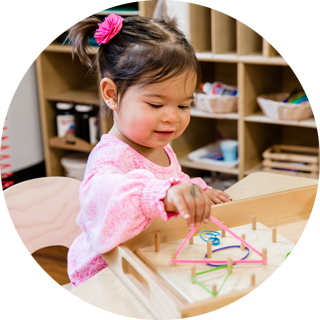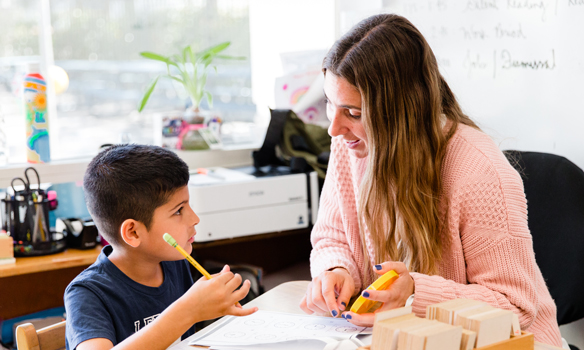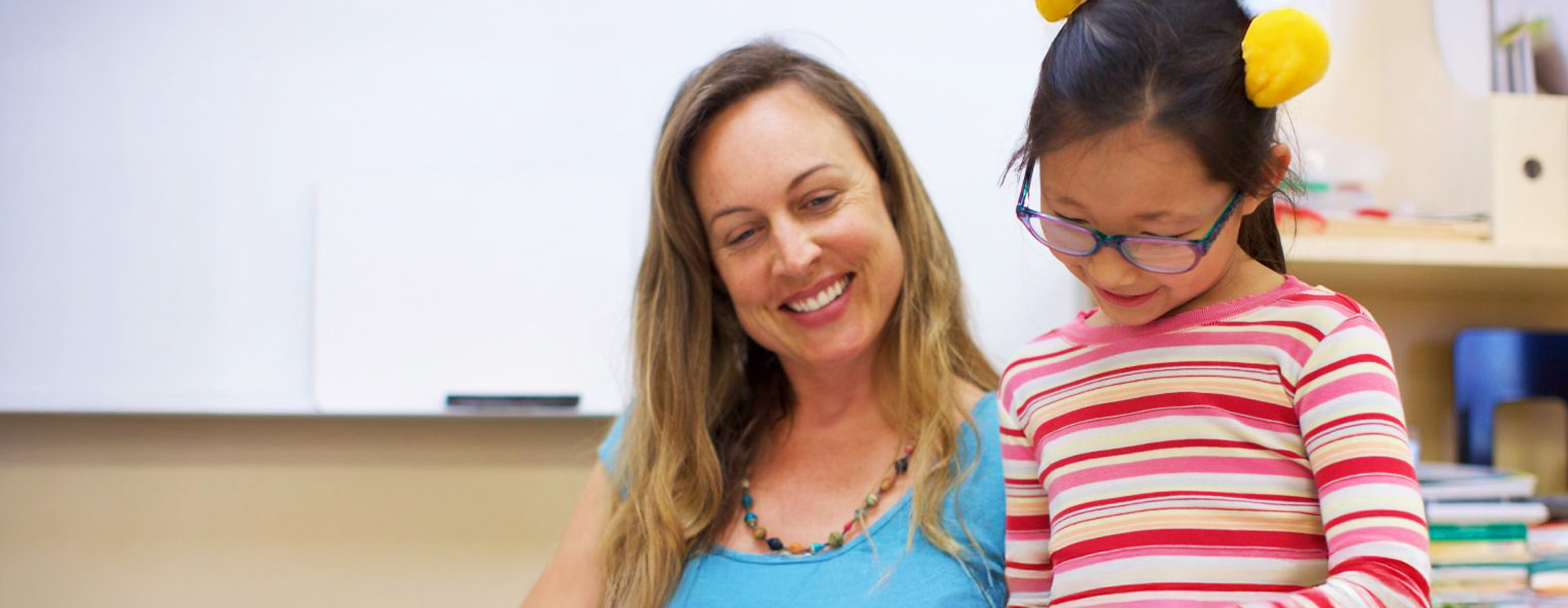
Language Immersion
Did you know? LePort was one of the first Montessori schools to offer full language immersion! In our classrooms, our students hear and use their new language all day long. They engage in activities like storytelling, group lessons, and practical life exercises all in the new language. Instead of memorizing words, our students learn by working together with peers.
Our programs are open to children ages 18 months to 4 years old. Older children who already know some Mandarin or Spanish, or have a strong Montessori background, may also be able to join. The programs follow the Montessori 3-year cycle, finishing in the child’s kindergarten year.
Spanish Immersion is available at our Huntington Harbour, Irvine Spectrum South, and Solana Beach schools. Mandarin Immersion is offered at Irvine Mandarin.
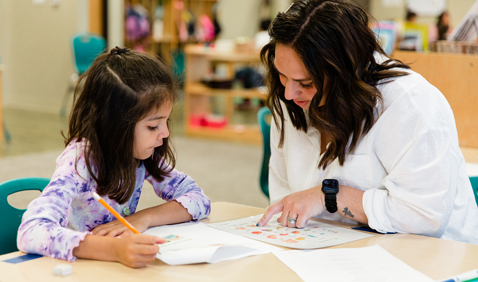

Benefits of Learning a Second Language
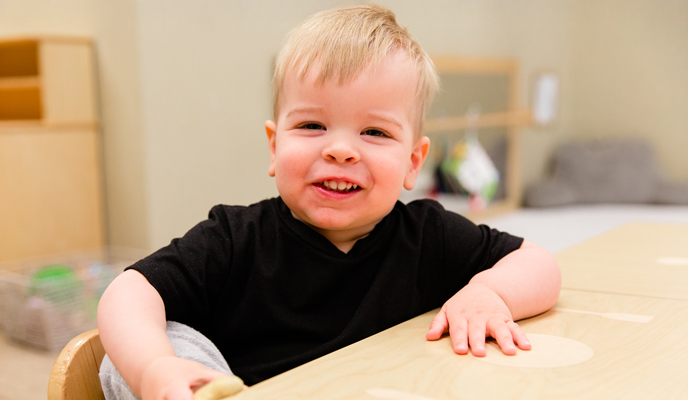
Personal Benefits
A second language helps your child talk to more people and explore new places with ease. It also helps them connect better with family members who may not speak English. As they grow older, knowing a second language can make high school easier. It might even create more job opportunities.
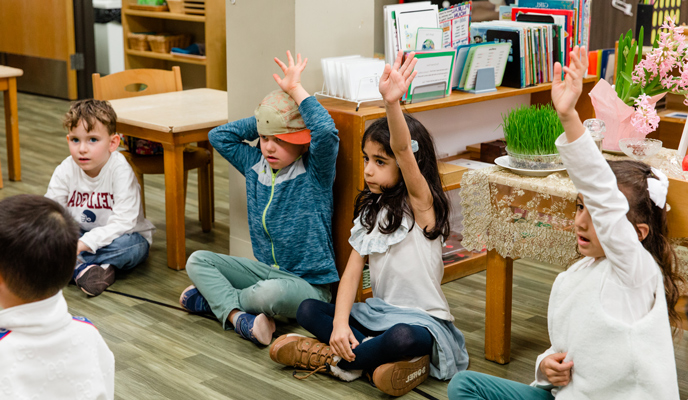
Cognitive Benefits
Research shows that knowing two languages leads children to be more creative and improves their problem solving skills. They often have a stronger memory and can focus better. Children with this experience also do well with tasks such as understanding hard sentences or doing math in their heads. Studies suggest that knowing two languages could even delay Alzheimer’s symptoms later in life.
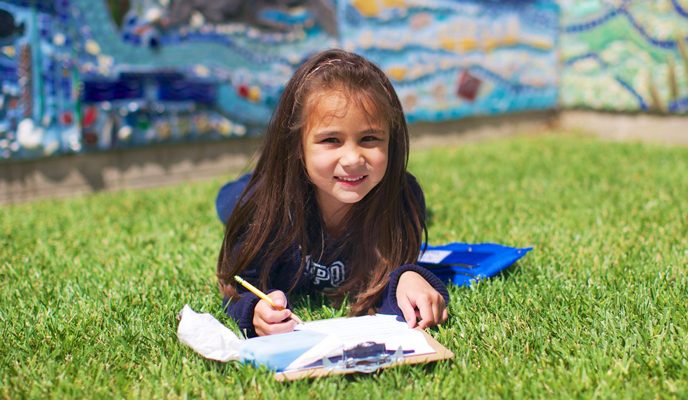
Academic Benefits
Some people worry that learning two languages might hurt school performance. Studies show the opposite! Bilingual children often have a better grasp of grammar and language rules. They also tend to score higher on tests like the SAT.
How Language Immersion Complements Montessori
- Learning at Your Own Pace: Every child learns in their own way and at their own speed. Teachers give lessons that fit each child, so they never feel rushed.
- Learning by Doing: Children don’t just memorize words. They hear and use the new language as they complete their work, play outside, and help in the classroom.
- Building Confidence: Making mistakes is part of learning. This helps our students feel good about themselves and makes learning a new language easier.
- Interactive Learning: Our teachers encourage hands-on learning. Our students repeat what their teachers say while doing tasks such as setting the table or building with blocks.

